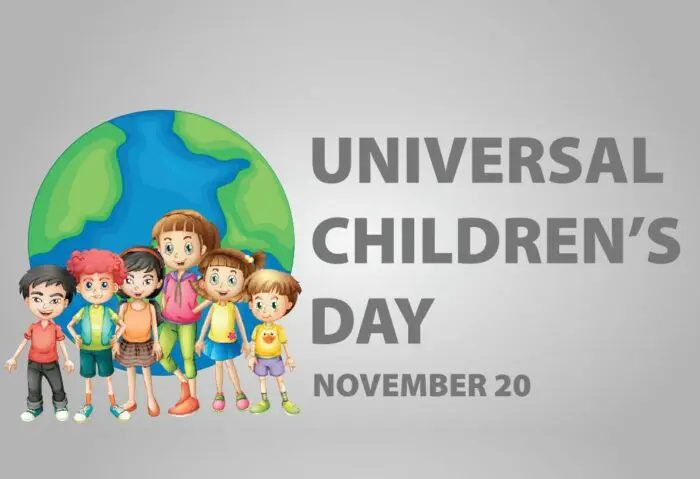Ahead of World Children’s Day on 20 November, the European Commission and the High Representative made the following statement:
“Today, the world is home to the largest generation of young people in history. Sadly, millions of children in the world, including 18 million in the EU, still live in poverty or social exclusion. Many more are at risk, as children continue to be the first to suffer from the socio-economic impact of the COVID-19 pandemic.
An estimated 466 million children around the world have no access to remote learning. Many have dropped out of school for good, affecting their life chances, well-being, development and protection.
Every child should enjoy the same rights and live free from discrimination and intimidation of any kind.
The EU supports education in around 100 countries worldwide, working with partner countries to minimise the impact of the pandemic and to facilitate a safe return to school. To build back better, the European Commission will significantly increase its investment in education in Sub-Saharan Africa, Latin America and the Caribbean, and Asia and the Pacific, over €6 billion by 2027. The focus will be on supporting partner countries to strengthen their education systems to deliver inclusive, equitable quality education for all.
European Commission President, Ursula von der Leyen, has called for 2022 to be designated European Year of Youth, to support and engage with children and young people, and ensure that their concerns and needs are at the heart of EU policymaking.
The EU Strategy on the Rights of the Child tackles the root causes of the existing inequalities and poverty, proposing concrete actions to fight all forms of violence, to support and empower children, and fulfil, protect and promote their rights in the EU and globally. The first ever Youth Action Plan in EU external action to be adopted during the European Year of Youth will build on this.
The new European Child Guarantee – agreed by EU Member States earlier this year – promotes equal opportunities for all children regardless of their background by guaranteeing access to early childhood education and care, education, play and leisure activities, healthcare, nutrition and housing for children in need. An updated Better Internet for Kids Strategy in 2022 will ensure that children enjoy the same rights on- and offline.
The EU has accelerated its efforts to decarbonise the European economy, restore nature, and ensure sustainable use of resources to achieve climate neutrality by 2050 – so that every child, now and in the future, can live a happy, healthy life on our planet.
We must invest in the present and future of all children. It is our responsibility and we will leave no child behind.”






